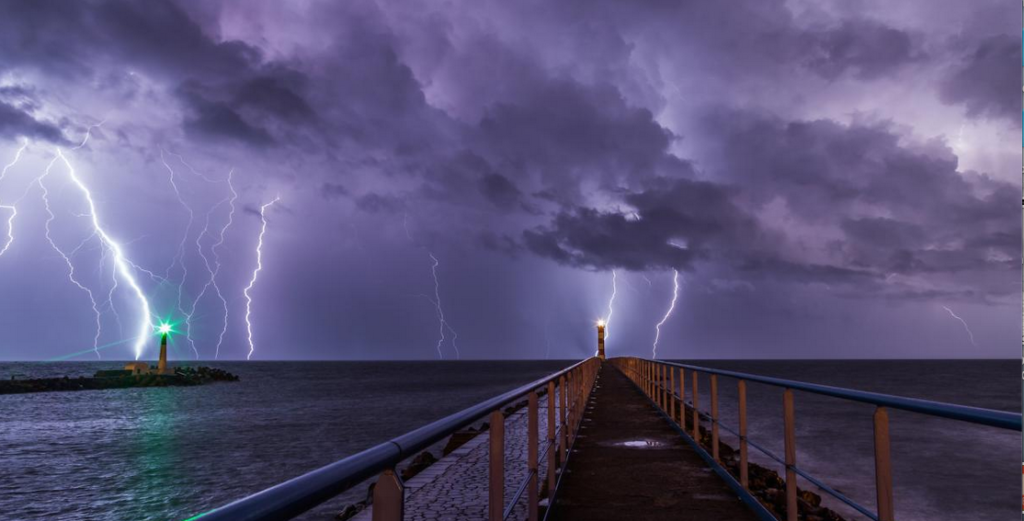The term “extreme weather” is self-explanatory, except for the degree of what constitutes “extreme.” Typically, it refers to weather events that are stronger than expected or predicted based on historical analyses of past similar events at similar times in similar places. For example, the National Ocean and Atmospheric Administration defines an extreme weather event as one lying in the outermost (“most unusual”) 10 percent of a place’s history.
The attribution of extreme weather is the developing science of connecting these events with climate change as a causal agent. The attribution does not claim a specific weather event was caused solely by climate change but only that climate change has made the event more extreme than otherwise would be expected based on past history. In other words, climate change is making storms more frequent and more intense.

This science of attribution has become more widely accepted over the past several decades. With technological developments and the growing sophistication of computer modeling, and the accumulating data on emissions and conditions across the globe, there is growing confidence in connecting more and more dots between weather events and climate change.
Some further ideas to explore on Extreme Weather Attribution:
When did you personally last experience an extreme weather event?
How extreme was it in comparison with past similar events?
Determine whether and/or to what extent the event was affected by climate change?
Sources
National Oceanic and Atmospheric Administration (NOAA), Extreme Events bit.ly/2WmCwGR
Michael Mann, “It’s a fact: climate change made Hurricane Harvey more deadly,” The Guardian (28 August 2017). bit.ly/2iDj6P6
Andrea Thompson, “Attribution Studies Home in on Climate Change Signal,” Climate Central (5 Nov 2017). https://bit.ly/20xwNLX
Chelsea Harvey, “Here’s What We Know about Wildfires and Climate Change,” Scientific American (13 Oct 2017). bit.ly/2wUic3d
See, also, Report on “Extreme Weather Attribution: It’s Here to Stay” in irish environment (November 2017). bit.ly/2WrGPRw


No comments yet, add your own below